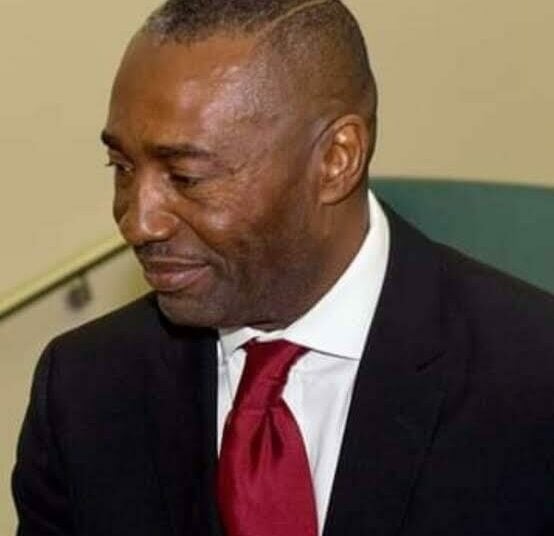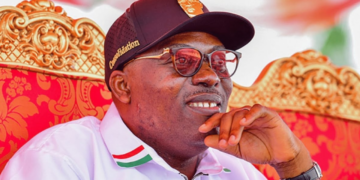Former lawmaker and legal practitioner, Ikechukwu Obiorah, has submitted a draft bill to the National Assembly seeking amendment to the Constitution to remove the powers of the president and state governors to appoint members of the Independent National Electoral Commission (INEC) and State Independent Electoral Commissions (SIECs).
Obiorah, who represented Anambra South Senatorial District between 2007 and 2011, disclosed this in his treatise titled “The Philosophy of Elections and Nigeria’s Fake Democracy”, made available to journalists in Abuja.
The ex-lawmaker argued that vesting appointment powers in a neutral body was crucial to achieving honest, transparent, free, and fair elections in Nigeria. He decried what he described as the “pervasive rigging and perversion of elections” since independence, which, according to him, has fueled poverty and underdevelopment.
“Since Independence, 90 per cent of all elections — parliamentary, presidential, national assembly, governorship, house of assembly, and local government council — have been brazenly stolen, rigged, perverted, or altogether nullified,” Obiorah stated.
He criticised the current system where presidents and governors appoint electoral officers, likening it to “a person being a judge in his own case.” This, he said, has produced “Soviet-style election results” and numerous litigations over disputed outcomes.
Outlining his proposal, Obiorah suggested that a restructured INEC should consist of 13 commissioners: six elected by recognised Nigerian labour and professional organisations, six nominated by the United Nations, and one observer-nominee from Transparency International. The commission, he added, should have the power to elect its own chairman, hire and fire staff, and conduct all elections across federal, state, and local government levels.
He stressed that the involvement of the UN and Transparency International would not undermine Nigeria’s sovereignty, but rather reflect the country’s voluntary commitment to curbing corruption and strengthening electoral integrity.
On electoral technology, Obiorah emphasized the need to make the Bimodal Voter Accreditation System (BIVAS) and electronic transmission of results via the INEC Results Viewing Portal (IReV) mandatory. However, he cautioned that such tools alone cannot eliminate electoral malpractice without a neutral and credible electoral body.
The former senator expressed confidence that his proposal could initiate the process of lifting Nigeria out of poverty, noting that “honest elections are the foundation of genuine democracy and national development.”
Obiorah’s bill is currently before the National Assembly for consideration.






